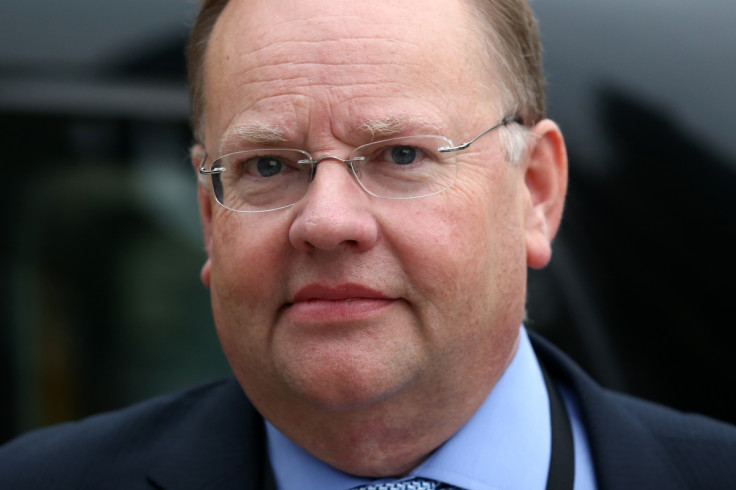Lord Rennard election to top Liberal Democrat body stirs controversy after sex investigation

The Liberal Democrats are facing criticism from their own activists after a peer once accused of sexual harassment was appointed to the party's federal executive. Tim Farron's party launched an internal investigation into Lord Rennard after female Liberal Democrat workers alleged in 2013 that the peer had harassed them.
But Rennard, who was appointed to the House of Lords in 1999, was cleared by Alistair Webster QC, who did say: "The evidence of behaviour which violated the personal space and autonomy of the complainants was broadly credible.
"However, it is my judgment, considering all of the evidence collected, that it is unlikely that it could be established beyond reasonable doubt that Lord Rennard had intended to act in an indecent or sexually inappropriate way. Without proof of such an intention, I do not consider that such a charge would be tenable.
"I stress that I am not finding that the evidence of the complainants was unreliable. I have specifically discounted suggestions made during the investigation that the incidents had been invented as part of a political campaign against Rennard."
The Metropolitan Police, who also looked into allegations against Rennard in 2013, found "insufficient evidence" and dropped the case against the peer. He has now been elected to the party's federal executive, the ruling body of the Liberal Democrats that oversees the workings of the party. Elsewhere, Rennard apologised in 2014 for making the women "feel uncomfortable" but strenuously denied the sexual harassment allegations.
Mark Pack, a Liberal Democrat commentator and public relations expert, told IBTimes UK: "Rennard's election to a party post by any group in the party would be controversial, but all the more so given that it has come from a group of people – the party's peers – who are appointed for life and so all the usual lines of accountability to voters and party members don't apply to them."
A spokesperson for the Liberal Democrats said: "This was an internal election to find a representative from the Liberal Democrat group in the House of Lords to sit on the party's federal executive. Any Liberal Democrat peer was eligible to stand for the position and any Liberal Democrat peer was able to cast a vote in the election."
© Copyright IBTimes 2025. All rights reserved.






















